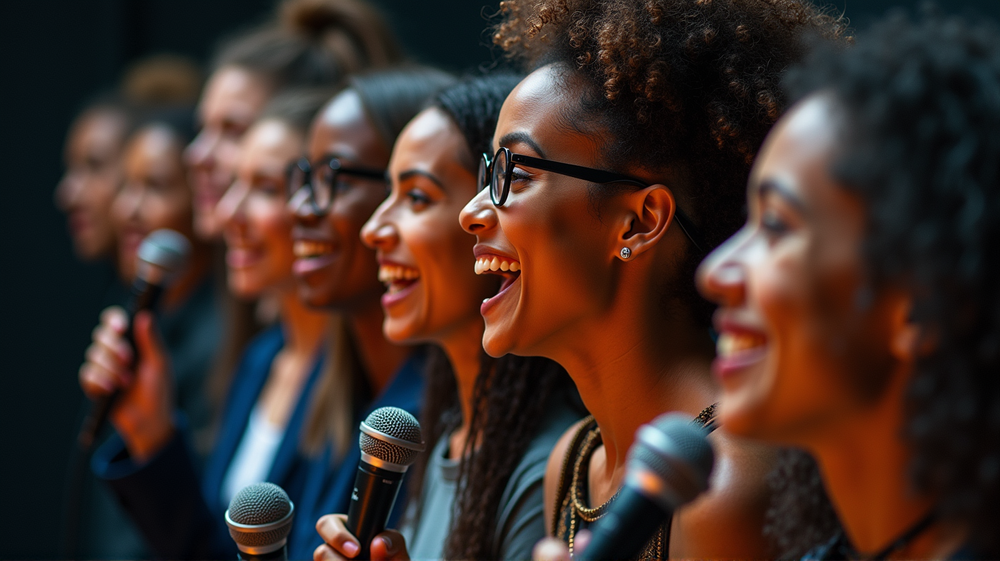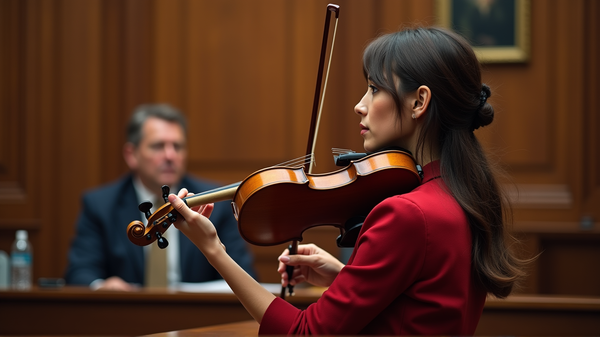Voice of the People: A Human Right, Not a Privilege
The Enduring Echo of the Human Voice
In every era, the need to express ourselves has been a driving force behind societal change. From whispering secrets by the fireside to amplifying voices through digital platforms and rallying cries in protest marches, the human voice speaks words steeped in emotion, history, and identity. Yet, the value of these voices is not always equally acknowledged.
The title, “Voice of the People,” stands as a challenge to systems that prioritize certain voices over others, pushing the marginalized further into silence. It asserts that every person deserves the right to voice their thoughts and stories, irrespective of their background or circumstance. According to Vocal, true democracy demands inclusion.
A World Divided Yet Connected
The rallying cry “Where Every Voice Matters” transcends the literal. It calls for spaces where all, especially those historically marginalized, are heard. More than just a catchphrase, it demands action — to listen deeply, speak courageously, and create platforms for those who have been pushed to the periphery.
The Voices History Ignored
History books have often been penned by those in power, overshadowing numerous invisible stories. These untold stories belong to women, enslaved peoples, and indigenous communities. Despite being stripped of tangible records, their stories exist within oral traditions, rebellions masked in song, and whispers woven into cultural fabric.
Women: Reclaiming Expression
For ages, women’s voices were confined to the private sphere. Public articulation was portrayed as dangerous, requiring pseudonyms for credibility. Yet whispers never ceased. As tools for expression evolve, the digital revolution continues to disrupt a history of erasure. Yet, the struggle for unfiltered expression remains strenuous.
Accessibility and Expression
The conversation around voice often neglects those who “speak differently”. Innovations like AAC and sign language empower neurodivergent and disabled individuals. As stated in Vocal, true inclusivity celebrates varied modes of expression, dismantling prejudices that silence.
Language as a Political Tool
Accents, dialects, and code-switching are tied to identity, often leading to discrimination. Being told to “neutralize” speech for acceptance only reinforces systemic biases. Languages once dismissed now demand recognition and respect, a testimony to the indomitable spirit of cultural identity and autonomy.
Conclusion: A Call to Action
This exploration is an invitation — to speak, listen, and transform these words into action. This is the Voice of Us, where every voice — including yours — matters, fostering the hope of a truly inclusive society.




